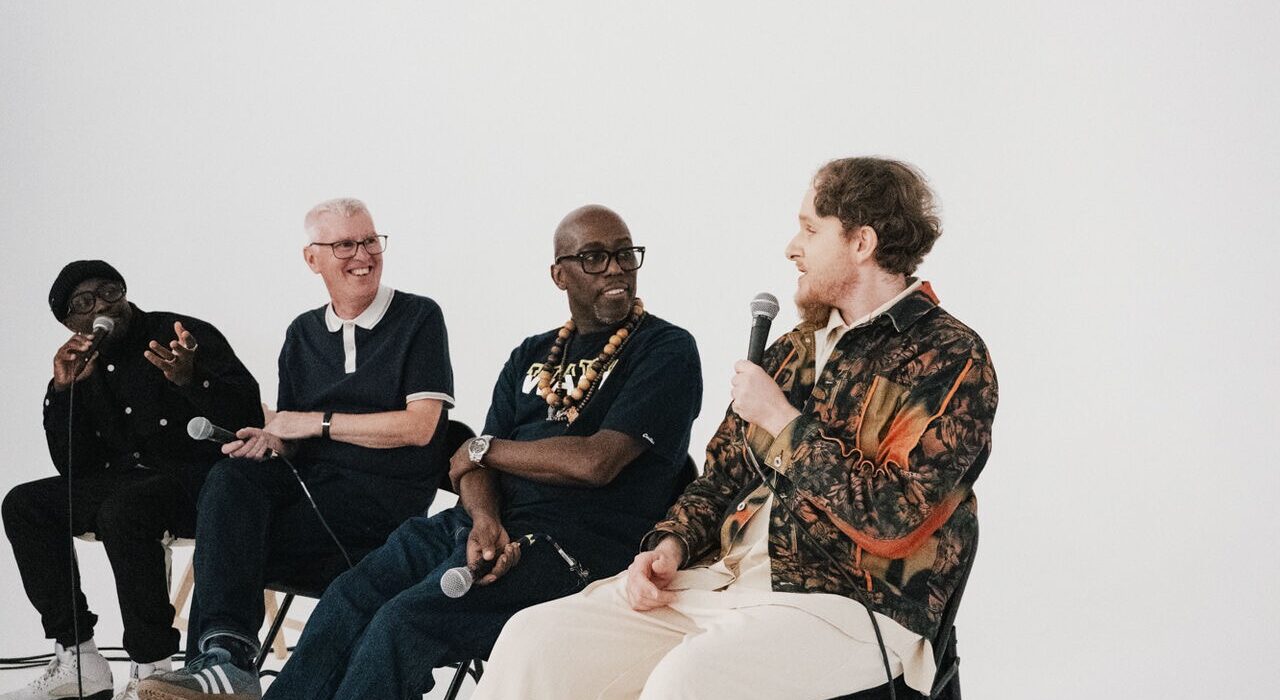From Action to Industry Transformation: Why Coaching Must Become a Standard in the Music Industry
Change in the music industry rarely happens in a single leap. It’s built over time — one conversation, one decision, one commitment at a time. The most transformative shifts happen when ideas move beyond panel discussions and hashtags, becoming consistent, collective action.
Right now, we’re on the edge of one of those shifts: embedding professional coaching as a standard support for music artists and industry professionals.
This isn’t a “nice to have” wellness perk. It’s a critical, strategic investment in the industry’s long-term health, creative output, and sustainability.
Why Coaching Matters More Than Ever
Today’s music creatives are under more pressure than ever. They’re expected to be performers, content creators, business managers, and public figures — often without the resources, networks, or emotional support to sustain that level of demand.
The result is predictable: burnout, loss of confidence, career stalls, and talented people walking away altogether.
Coaching changes that. It provides:
- Clarity in decision-making during high-pressure moments.
- Resilience to navigate setbacks without losing momentum.
- Confidence to maintain creative integrity in the face of industry pressures.
- Sustainability through healthier work-life balance and emotional regulation.
And it’s not theory — the impact is visible:
“Having Basil as a coach was amazing. He tailored his approach to help me, a self-motivated person looking for guidance and support, feel seen, heard and supported — providing caring, honest and inspiring insight throughout.”
— Ashaine White, Artist
Evidence from the Field
In the sports world, coaching is non-negotiable. In business, executive coaching is a standard budget line. In music? We’re still treating it as a lucky bonus. But the industry leaders and artists who’ve experienced it know its value:
“My sessions with Basil came at the absolute best time. Having an outside perspective invested in me rather than my acts is a breath of fresh air… it’s had an effect not only on how I interact with potential partners but also how I manage stress and support my colleagues.”
— Mobo Agoro, PRS Power Up Industry Professional
“Basil is truly one of a kind… Today’s music creators require rounded support — covering creative development, resilience, mindset, and enhancing performance in all areas. I encourage companies and organisations… to work with Basil in ways which will massively impact creators they work with.”
— Joe Frankland, CEO, PRS Foundation
“Working with Basil has been a turning point. He’s helped me build confidence in my values and voice — especially in moments when they weren’t being respected. His coaching is thoughtful, relevant, and future-focused.”
— Nyrobi, ALT BLK ERA
These are not abstract benefits. They’re measurable in increased creative output, stronger professional relationships, better stress management, and long-term career retention.
MCF (Music Coaches Forum)
Beyond my consultancy work, I’m also involved with the Music Coaches Forum — a space where coaches within music, share insights, refine approaches, and are in the process of raising the standard of support across the industry. Because the better we become at supporting music creatives, the more sustainable and impactful our music ecosystem will be.
From “Nice Idea” to Normal Practice
If the music industry wants to future-proof itself, coaching must move from innovation to expectation:
- Artists view coaching as part of their professional toolkit, like studio time or marketing.
- Managers and labels budget for it as standard.
- Funding bodies incentivise it in grants.
- Venues and festivals offer it during high-pressure periods like tours and live events.
In other industries, this is already normal. We don’t expect athletes to train without a coach — why do we expect artists to survive without one?
Building the Movement, Brick by Brick
We don’t need to wait for a single “big fix.” This change can be built incrementally:
- One programme that integrates coaching.
- One label that writes it into contracts.
- One funder that prioritises it in their support criteria.
- One artist whose career trajectory changes because of it.
Each success story becomes both inspiration and evidence, stacking up until the question is no longer “Why should we offer coaching?” but “Why wouldn’t we?”
Your Turn
The question is no longer IF the music industry needs coaching — it’s HOW FAST we can make it happen.
- If you’re an artist — ask for it in your next project or funding bid.
- If you’re a manager or label — start budgeting for it now, even on a small scale.
- If you’re a funder — make it part of your criteria.
- If you’re in policy — recognise it as infrastructure, not luxury.
The conversations we’ve had have been essential. But now, it’s about the next step — from idea, to action, to transformation. If we build it together, we’ll look back on this moment as the one where we decided to invest as much in the people as we do in the product.

